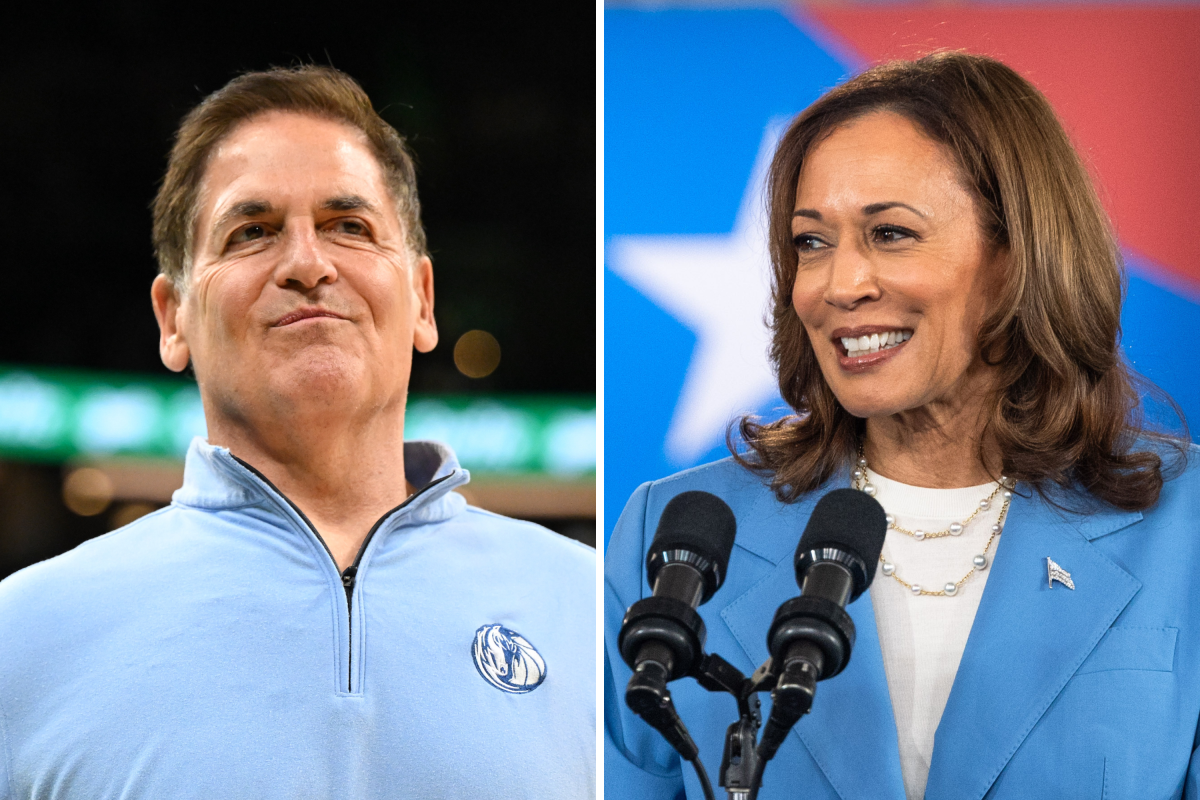Mark Cuban’s involvement in Democratic politics represents a growing trend of wealthy individuals using their influence to shape the party’s agenda. As a successful entrepreneur and television personality, Cuban has long been a fixture in the business world. However, his recent support for Kamala Harris and the Democratic Party has positioned him as a key player in the left’s political strategy.
Cuban’s influence within the Democratic Party is significant. His wealth and public platform give him the ability to advocate for policies and candidates that align with his progressive beliefs. From healthcare reform to economic equality, Cuban has used his voice to promote a range of issues that are central to the Democratic agenda.
However, Cuban’s role in shaping the left’s agenda has not been without controversy. Many on the right view his involvement in Democratic politics as a betrayal of the values that have made him successful. They argue that Cuban’s support for policies like wealth redistribution and government intervention in the economy is out of touch with the realities of running a business and creating jobs.
The influence of billionaires like Cuban in politics also raises broader questions about the role of money in shaping public policy. While Cuban’s support for progressive causes is welcomed by many on the left, it also highlights the growing power of wealthy individuals in the political process. This dynamic has sparked debate about whether the influence of billionaires is ultimately beneficial or harmful to democracy.
As Cuban continues to lend his voice and resources to the Democratic cause, his role in shaping the party’s agenda will be closely watched. Whether his involvement will lead to meaningful change or further polarization remains to be seen, but it is clear that Cuban is now a significant figure in the political landscape.


